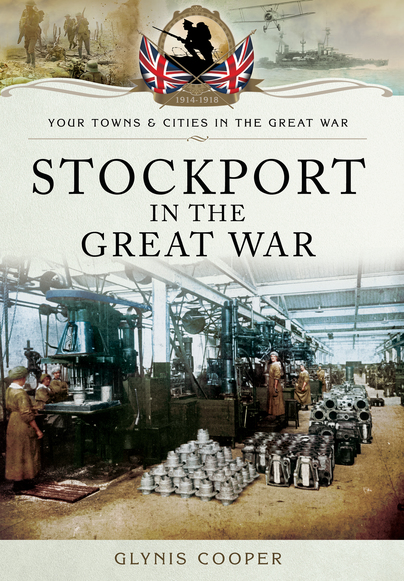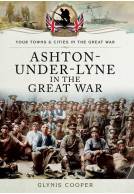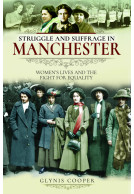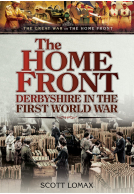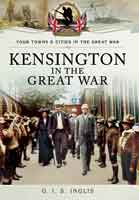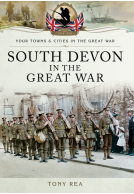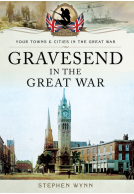Stockport in the Great War (Paperback)
Imprint: Pen & Sword Military
Series: Your Towns & Cities in The Great War
Pages: 110
Illustrations: 176
ISBN: 9781473833784
Published: 9th March 2016
(click here for international delivery rates)
Order within the next 31 minutes to get your order processed the next working day!
Need a currency converter? Check XE.com for live rates
| Other formats available | Price |
|---|---|
| Stockport in the Great War eBook (16.9 MB) Add to Basket | £6.99 |
Interest in the theft of cucumbers initially took precedence over news that war had been declared, but Stockport rallied quickly. Wakes week was cancelled, the local 6th Battalion of the Cheshires went to the Front and the town transformed half of its schools into much-needed military hospitals. Admirably, the remaining schools coped with double the number of children but education suffered little.
At the time, Stockport was two towns; the millscapes around the Mersey and the Goyt and the wealthier genteel suburbs bordering the Cheshire countryside. Economy and efficiency in the use of food and fuel was preached in the local paper alongside advertisements for silks, satins, velvets, furs and evening gowns. The cotton and hatting trades, transport and agriculture, suffered badly from loss of resources and manpower but resisted the use of female labour with great hostility. Food, fuel and lighting restrictions caused problems and there were accusations of profiteering and hoarding.
Always in competition with Manchester, Stockport folk did things their way. Following Zeppelin attacks on the east coast, street lights were ordered to be partially shaded. Manchester shaded its lights from the top, while Stockport shaded its lights from the bottom, causing confusion in the darkened streets below and prompting one wit to write that while Manchester was expecting attacks from Zeppelins, Stockport was clearly expecting attacks from submarines. However, despite much political and material disaffection, the townsfolk united firmly against the kaiser. This book is is a timely reminder of how the local community worked together to provide munitions for the war, food parcels and comforts for the troops while ‘keeping the home fires burning.’
As featured in
Stockport & District Heritage Magazine
This is a fabulous book for not only those that are interested in Stockport but those of us who love the history of the North West of England and its industrial and agrarian history. This book brings back the notion that all history is local, even wars on foreign fields and it is always fantastic to learn more about the area I know so well.
Paul Diggett, freelance reviewer
About Glynis Cooper
Glynis Cooper's family has its roots in the industrial millscapes of Manchester. She was born in Stockport, but she grew up near Bury St Edmunds and subsequently spent ten years living and working in Cambridge before returning to Manchester. Her parents were writers who inspired her enthusiasm for the written word. Glynis, who loves islands and the open countryside, trained in the dual disciplines of librarianship and archaeology. She enjoys reading, researching and writing local histories, travelling and playing chess.







